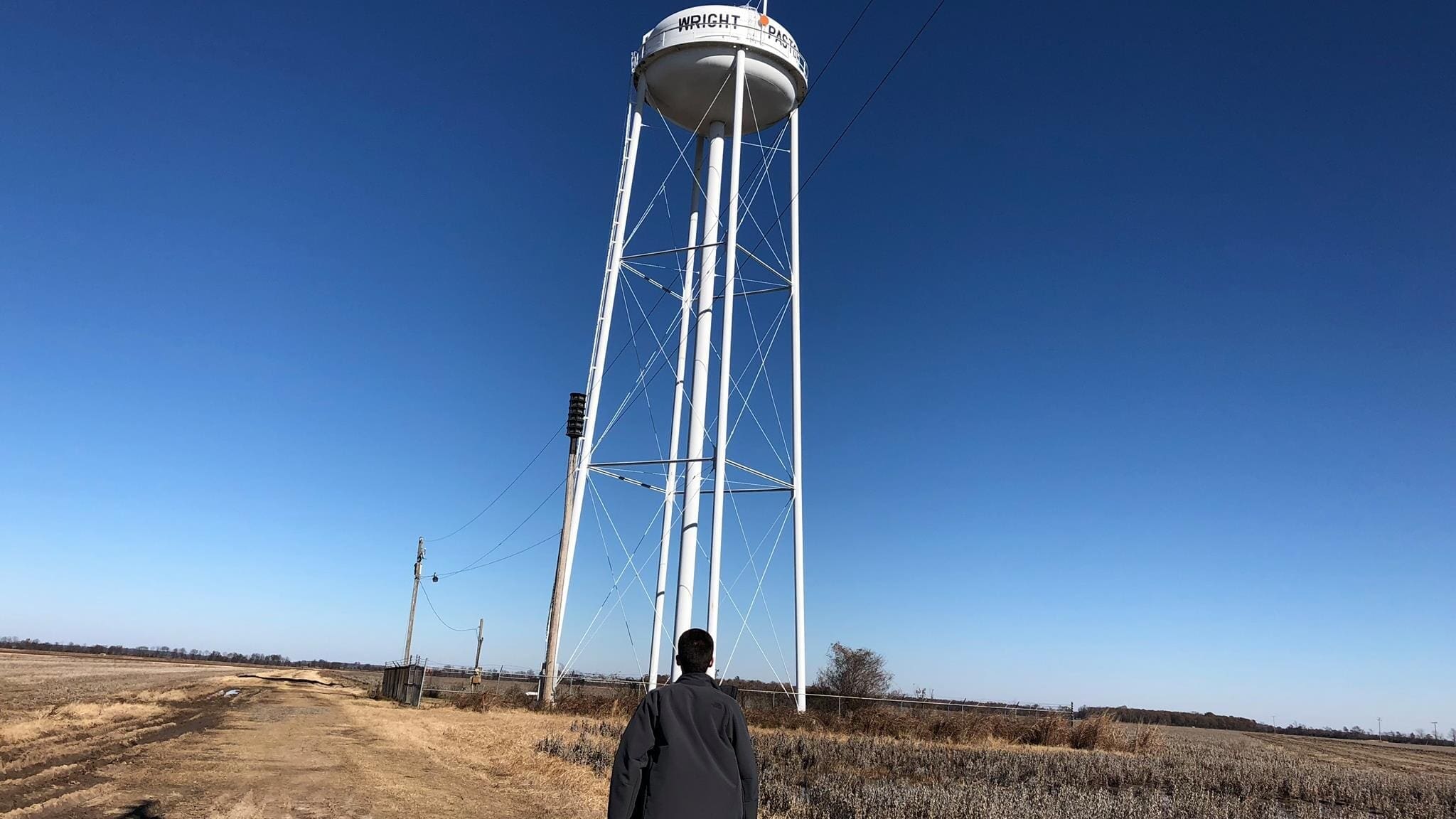The Wright-Pastoria Water Association, which serves more than 500 customers across the rural Arkansas Delta communities of Wright, Pastoria, Tucker, and Sherrill, has reached a milestone in its decades-long effort to provide safe, sustainable drinking water. Originally incorporated in 1979 in Jefferson County, the small system has long faced the common challenges of rural utilities: aging infrastructure, a limited revenue base, and declining population — made worse by catastrophic flooding in 2016 that displaced families and shuttered local farms.
In recent years, those challenges became overwhelming. Board President Dianne Aiken recalled that, during those years, the association had lost both its operator and office manager, and the water treatment plant was incapable of meeting the community’s needs.

“Our water was yellow,” Aiken said. “The equipment was failing. Meters hadn’t been replaced in over 30 years. Even after we put in new meters, people were still stealing water, and our revenue was too low. At one point, I was volunteering in the office just trying to keep the lights on and make payroll.”
Despite mounting pressures, Aiken persisted — especially after a close friend and fellow board member was diagnosed with throat cancer. That staff member, in her 80s, was still going out into the field to work with customers. After her passing, Aiken realized just how much help Wright-Pastoria truly needed.
Help arrived through a coordinated effort led by the Arkansas Natural Resources Division (ANRC), which in 2022 launched a statewide regionalization initiative to stabilize struggling systems. A feasibility study by Hawkins-Weir Engineering identified Wright-Pastoria as a candidate for consolidation. The proposed solution was to merge with the nearby Grand Prairie Regional Water Distribution District (GPRWDD), a larger and more financially sound utility.
The transition process required extensive collaboration with USDA Rural Development, the Arkansas Department of Health, ANRC, and GPRWDD. Wright-Pastoria’s existing loans and bonds — totaling roughly $873,000 — had to be addressed, with an additional $1 million in debt forgiven as part of the merger. The Community Infrastructure Team at Communities Unlimited (CU) played a critical role in making the transition possible.
“CU came in and took on a huge mess,” Aiken said. “Brad (Jarrett, CU Central Region Director) and Cherub (Alford, Community Environmental Management Specialist) went through everything — our books, our tax returns — and helped us get back on track.”
"I thank God every day they came.”
CU provided comprehensive support, including budgeting, rate analysis, and navigating the complex regulatory and funding landscape. CU’s Lending Team also stepped in and gave Wright-Pastoria a $950,000 Pre-Development Engineering (PDE) bridge loan to kickstart the transition — later repaid through Bipartisan Infrastructure Law (BIL) funds administered by ANRC.

Most of the mainline connections and infrastructure upgrades are complete, including the installation of new distribution lines throughout the system. Upcoming tasks include transferring customers to Grand Prairie’s system, decommissioning the old infrastructure, and demolishing outdated facilities like the Tucker treatment plant and the Sherrill water tank. The full project, with a total investment of $12 million — nearly all of it covered by principal forgiveness through the State Revolving Fund (SRF) program — is slated for completion in 2025.
That means all Wright-Pastoria’s customers will soon have access to clean, reliable water without the disruptions and quality concerns that plagued the system for years. The regionalization has also brought peace of mind to Aiken personally, who, despite retiring in 2006 from a different occupation, came to help the utility during its most difficult years.
“I lost my home in the flood,” Aiken said. “We lost half our customer base. It was a hard time.”
"But now, to see the system stable and the community taken care of — it’s amazing.”
CU remains engaged with Wright-Pastoria’s leadership, supporting the board through the final stages of transition and exploring future projects like decentralized wastewater improvements. For Aiken, the experience has reaffirmed the value of partnership and perseverance.
“This whole experience has been a gift,” she said. “Without Communities Unlimited stepping in, I would’ve walked away. But they helped us get through it. They really did.”
Wright-Pastoria’s transformation is more than a story of infrastructure. It’s a model of how public-private collaboration can ensure long-term sustainability for rural communities that have too often been left behind.

